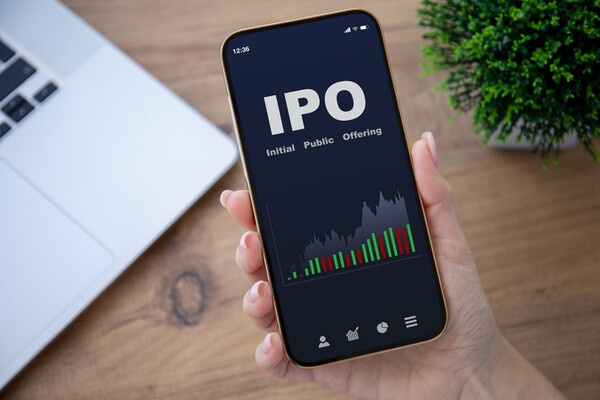Despite the slowdown in investment in the biopharmaceutical sector, over 10 bioventures in Korea are still planning initial public offerings (IPOs) in the second half of this year.

According to securities firms, Curiox, Pharos iBio, SLS Bio, Ensol Biosciences, YBiologics, U2 Bio, Curocell, Pinotbio, D&D Pharmatech, Bluemtech, Osang Healthcare, and Coreline Soft, are set to debut on the tech-heavy Kosdaq market.
Opening the IPO in the second half of the year is Curiox, a cell analysis process automation platform company and Pharos iBio, an AI-based drug development company.
Curiox manufactures products that automate the process of washing and "staining" cells in drug discovery research.
The company's self-developed solution, Laminar Flow, is supplied to 18 of the top 20 global pharmaceutical companies and has recorded an average annual sales growth rate of 30 percent over the past three years.
The company plans to offer 1.4 million depository receipts at 13,000-16,000 won ($10-$12.60) per share to raise a maximum of 22.4 billion won.
The company aims to list on the Kosdaq in July after going through general subscription from next Monday to Tuesday. Kiwoom Securities will lead the process.
Pharos iBio discovered PHI-101 (acute myeloid leukemia drug) and PHI-501 (melanoma drug) using Chemiverse, its own AI platform also aims to go public during that same time.
The company will also conduct general subscription from next Monday to Tuesday, and plans to offer 2 million depository receipts at 14,000 won.
Among the IPOs in the second half of the year, Pinotbio is attracting the most attention from investors.
Pinotbio is an innovative anti-cancer drug development company that uses its proprietary PINOT-ADC technology to dramatically increase the dose range of safe drugs for patients.
Founded in February 2017, the company has already attracted a total of 62 billion won in investment, with ST Pharm, Celltrion, Lotte Biologics, and Ahn-gook Pharmaceutical as key partners or strategic investors.
The company also signed a contract with Celltrion, where the latter paid an upfront of 1 billion won and secured the right to use PINOT-ADC for up to 15 separate cancer targets, and plans to develop ADC anticancer drugs targeting solid cancer by applying PINOT-ADC technology to its pipeline candidates under development.
Many companies to use ‘special technology listing’ system to go public
Of the 12 companies listing in the second half, all but three companies -- SLS Bio, U2 Bio, and Bluemtech, -- are preparing to list using the special technology listing system.
Introduced in 2005, the special technology listing system allows companies with excellent technology to list on the stock market even if they do not generate any sales.
To be listed under the system, a company must apply for evaluation from the two specialized evaluation agencies designated by the Korea Exchange (KRX) and receive a grade of BBB or higher, with one of the grade being an A or higher.
Investors said the financial authorities' recent relaxing of the special technology listing will help bio companies secure financing more easily and boost investor sentiment.
The Financial Services Commission, the Financial Supervisory Service, and the KRX had formed a taskforce with related organizations to come up with a plan to improve the current system and operation of the special technology listing this month.
While the exact details have not been unveiled, sources close to the matter have said that the plan will include relaxing requirements, expanding targets and specialized evaluation agencies, and improve accountability and post-listing management from securities companies that lead an IPO of a company.
An analyst at a securities firm, who asked to remain anonymous due to company policy, told Korea Biomedical Review that while biopharmaceutical companies have benefited greatly from the Covid-19 pandemic, the amount and number of investments in unlisted bio companies has plummeted over the past three years.
However, the analyst noted that there may be another opportunity on the horizon, as financial agencies are planning to relax the special technology listing requirements.
Related articles
- [Reporter's Notebook] Is ‘special listing’ system hurting biotech industry?
- Overvaluation, lack of access, management issues cited as barriers to investment in Korean biotechs
- Curocell begins clinical trial of CAR-T therapy for ALL patients
- Pharos iBio and Johns Hopkins partner in translational AML drug study
- Curocell sees ‘Kosdaq listing in November barring unexpected variables’
- KDDF selects Pinotbio for ADC drug development project
- Curiox Biosystems signs $7 million supply deal with Chinese biomedical device distributor

